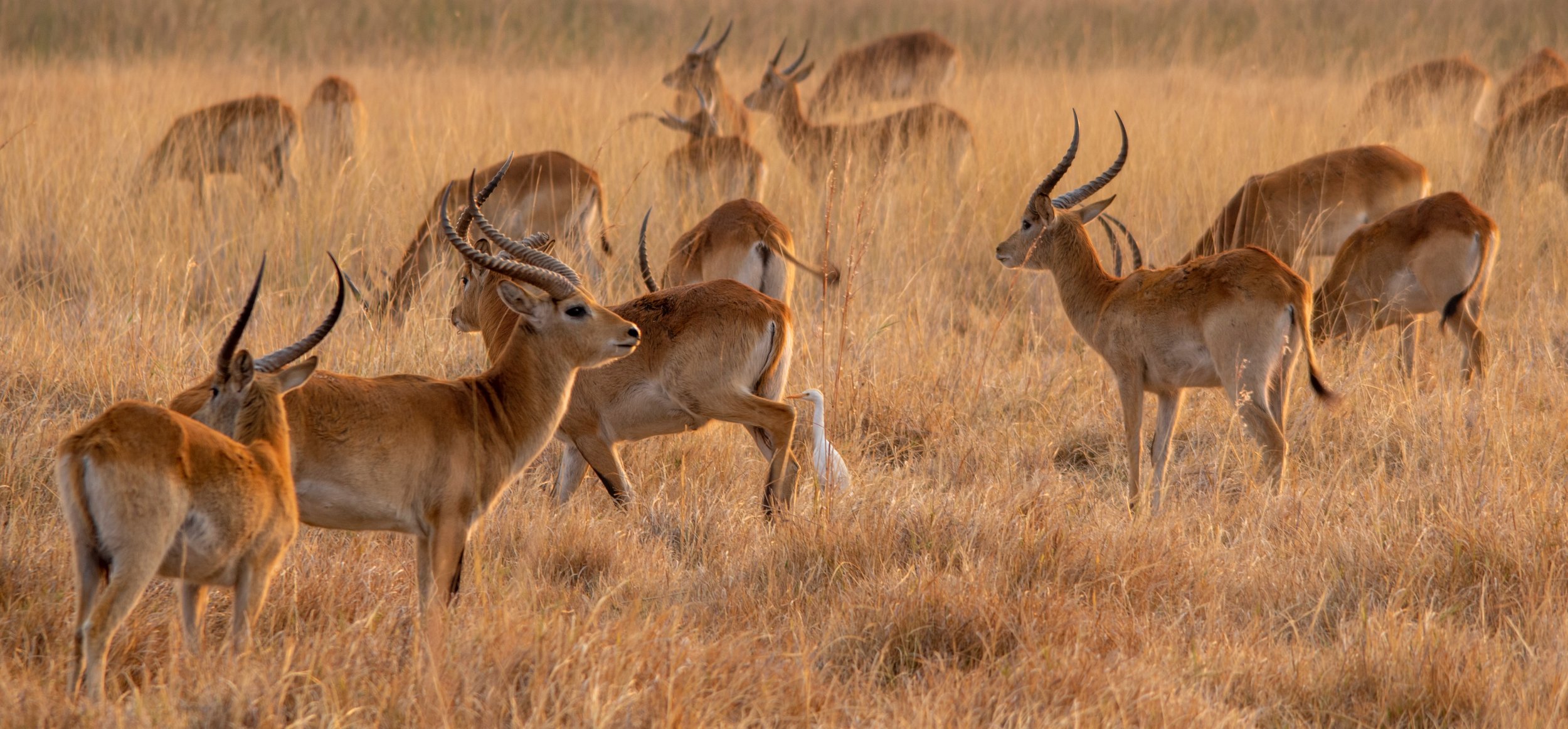Starving villagers raid wildlife area in southern Zimbabwe
As first appeared in Enviropress in Zimbabwe, here. Written by Mary Mundeya.
February 3 2023
Lack of economic opportunities worsened by ongoing drought lead to illegal hunting and sale of bushmeat
Climate change has made farming harder for many rural communities, forcing many to hunt antelopes, elands, impalas, and rabbits to put on their tables. Image by Duncan McNab.
Villagers in Zimbabwe’s southern lowveld living close to Sentinel Limpopo Safari are invading the wildlife area to kill animals for food and for sale, EnviroPress can report.
The areas involved include Jalukange, Shashe, Mapani, and Limpopo among others that fall under Headman Ketumile Mahopolo Nare of ward 8 Beitbridge West under Chief Stauze of the Beitbridge Rural District.
It is believed that poaching activities in this area have been driven by economic marginalisation that has been caused by the persistent drought in the area as well as the demand for affordable meat.
Over the past years, most areas in the north western parts of Zimbabwe have suffered constant droughts which leave many people reliant on game meat for survival.
In an interview, Headman Nare said her community has suffered from the droughts for many years and under those conditions, crop farming is only possible with irrigation.
Most of the people, however, lack access to irrigation infrastructure and the few available schemes suffer from extreme power failures and load shedding.
“Poaching of wildlife for meat is no longer news in our area. Due to hunger, hunting such animals as antelopes, elands, impalas, and rabbits provides a source of livelihoods.”
Sentinel Limpopo Safari is one of the wildlife parks that is found at the borders of Zimbabwe and South Africa and it is also close to the famed Tuli Circle and Botswana.
The eco-safari is positioned in the heart of the Greater Mapungubwe Trans-Frontier Conservation Area; a region of about 32,000 ha with diverse natural wildlife such as elephants, kudus, bushbucks, elands, nyalas, and waterbucks.
Director of Sentinel Limpopo Safaris, Vanessa Bristow said it was disheartening that people in local communities had to break the law to provide for the families.
“This area is dry and does not receive optimum amounts of rainfall to sustain agriculture and this renders many people vulnerable to hunger. It’s also bad that local communities believe that the wildlife belongs to them as a community and that it should also be their source of livelihood,” said Bristow.
She said there was no love lost between the community and the safari since the people do not get any monetary benefit from the venture.
“Since the community has not been receiving any funds from the revenue that the safari makes, they feel that their needs are being neglected, leaving them with no other option than to survive on poaching,” she said.
Forty-one-year-old local villager Mudau Masotsha said the lack of enough rainfall to give locals alternative means to make a living was the biggest predicament.
“Although we have not had enough rain for years, we used to do well in the irrigation scheme but it is now down due to lack of electricity. We go for months without electricity which means that the irrigation scheme is no longer viable,” he said.
Project officer for CAMPFIRE, Kevin Mufishani said that the protection and conservation of wildlife should be everyone’s duty in any circumstance.
“As the association, we have been working with several communities establishing income-generating projects such as irrigation schemes and these are strictly donor-funded, especially those in Binga, Hwange, Bulilima, and Mbire among other areas.
In the area under Beitbridge Rural District Council, we have not yet done anything and the community is very big. At this point, it would be difficult to donate money to each household so we would rather develop the area at community level by building clinics and schools.
“Sadly, people are struggling because of hunger but they also need to be informed of the importance of wildlife and also that it is a criminal offence according to the ZimParks and Wildlife Act to hunt animals without a licence,” said Mufishani.
Acknowledging the survival challenges faced by his people, Chief Stauze, whose birth name is David Mbedzi, said the law needed to be respected nonetheless.
“It seems most people in my area are not well-informed of the importance of wildlife conservation and protection. Wildlife hunting is something normal to them and they think it is their right to kill animals to sustain themselves,” said Chief Stauze.
He said it was difficult to implement any wildlife-related initiative without the guidance of the authorities and without huge amounts of resources.
This article is reproduced here as part of the African Conservation Journalism Programme, funded in Angola, Botswana, Mozambique, and Zimbabwe by USAID’s VukaNow: Activity. Implemented by the international conservation organisation Space for Giants, it aims to expand the reach of conservation and environmental journalism in Africa, and bring more African voices into the international conservation debate. Written articles from the Mozambican and Angolan cohorts are translated from Portuguese. Broadcast stories remain in the original language.

